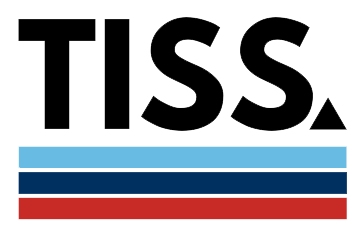Faculty Affiliates
Faculty Affiliates
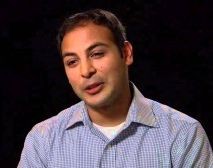
Navin A. Bapat
University of North Carolina at Chapel HillNavin Bapat is the Dowd Professor of Peace and War and the Chair of the Curriculum of Peace, War, and Defense at the University of North Carolina – Chapel Hill. He received a B.A. in Political Science from the University of Michigan in 1998 and … Read more

Kyle Beardsley
Duke UniversityKyle Beardsley is Professor in the Department of Political Science at Duke University, Director of the Triangle Institute of Security Studies, and co-director of the International Crisis Behavior data project. His research focuses on the quantitative study of international conflict and peace processes. He is … Read more
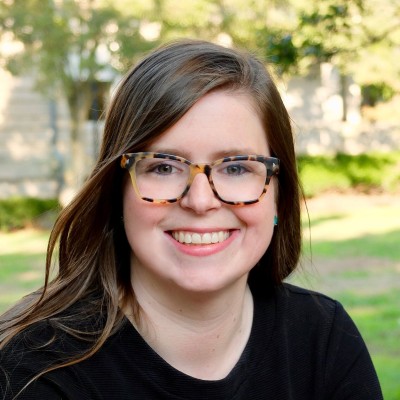
Susan Colbourn
Duke UniversitySusan Colbourn is Associate Director of the Triangle Institute for Security Studies. She is a diplomatic and international historian, interested in questions of alliance politics, strategy, and security in the atomic age. Her forthcoming book, Euromissiles: The Nuclear Weapons That Nearly Destroyed NATO (Cornell University Press, 2022), explores … Read more
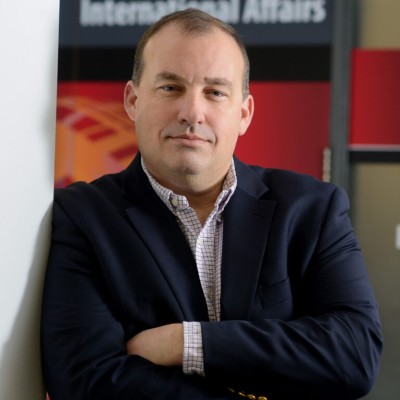
William Boettcher
North Carolina State UniversityWilliam Boettcher is associate professor in the School of Public and International Affairs at North Carolina State University.
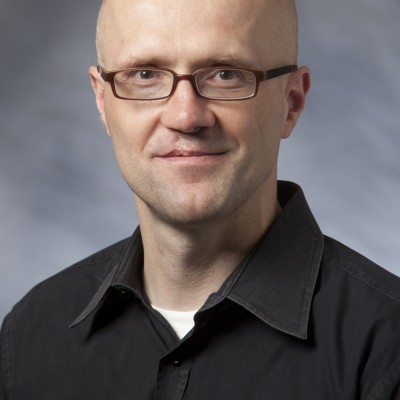
Dirk Bonker
Duke UniversityDirk Bonker is an Associate Professor of History at Duke University. He is a historian of Germany and the United States, who focuses on questions of militarism, warfare, and empire in the long twentieth century.
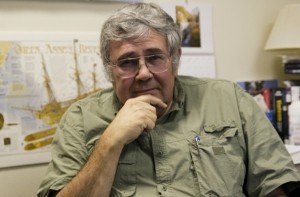
Joseph Caddell
University of North Carolina at Chapel HillJoseph “Joe” Caddell is the Director of the TISS ICCAE in Intelligence and Security Studies, a Teaching Associate Professor of History at the University of North Carolina at Chapel Hill, and Professor Emeritus of the National Intelligence University in Washington, D.C. He served in the … Read more

Manna Duah
North Carolina State UniversityManna Duah is an Assistant Professor of History at North Carolina Central University. Her research interests are global Africa, with a focus on democracy, state violence, foreign relations, and Black transnational mobilizations in the twentieth century. She also studies histories of development theory and capitalism in … Read more

Peter D. Feaver
Duke UniversityPeter D. Feaver is a Professor of Political Science and Public Policy at Duke University. He is Director of the Duke Program in American Grand Strategy. Feaver is author of Armed Servants: Agency, Oversight, and Civil-Military Relations (Harvard Press, 2003) and of Guarding the Guardians: … Read more

Stephen E. Gent
University of North Carolina at Chapel HillStephen E. Gent is Professor in the Department of Political Science and Adjunct Professor in the Curriculum of Peace, War, and Defense at the University of North Carolina at Chapel Hill. His research largely focuses on the role of third parties in conflict and conflict … Read more
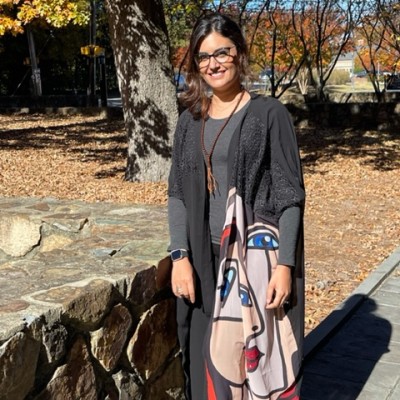
Noor Ghazi
University of North Carolina at Chapel HillNoor Ghazi is a Professor in Practice at The University of North Carolina at Chapel Hill, department of Peace, War and Defense and a Cofounder of Archive Iraq. She holds a MA in Peace and Conflict Studies from The University of North Carolina at Greensboro. She is … Read more
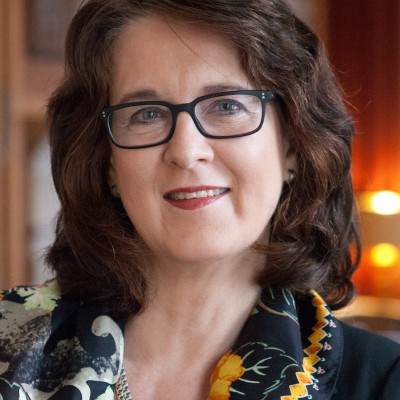
Karen Hagemann
University of North Carolina at Chapel HillKaren Hagemann is the James G. Kenan Distinguished Professor of History and Adjunct Professor of the Curriculum in Peace, War and Defense at the University of North Carolina at Chapel Hill. She has published widely in Modern German and European history, the history of military … Read more
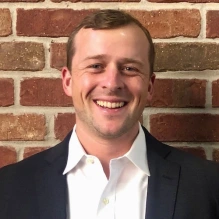
Connor Huff
Duke UniversityConnor Huff is an Assistant Professor of Political Science at Rice University. His research focuses on individual conflict participation behavior, including why individuals decide to fight and why they sometimes refuse to stop. He is also working on a series of projects studying the consequences … Read more
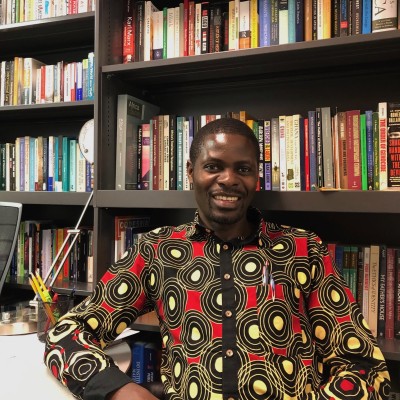
Moses Khisa
North Carolina State UniversityMoses Khisa is an Assistant Professor of Political Science in the School of Public & International Affairs (with a joint appointment in Africana Studies) at North Carolina State University. He is a graduate of Makerere University, Kampala (BA & MA), and Northwestern University (MA & … Read more
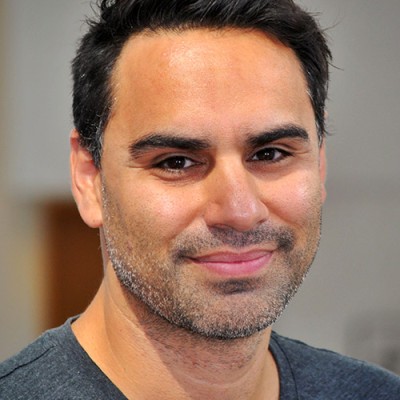
Miguel La Serna
University of North Carolina at Chapel HillMiguel La Serna is professor of Latin American History at the University of North Carolina at Chapel Hill. His research and teaching focus on the revolutionary left in the Americas, exploring the intersections between race, class, and gender in a context of political violence. His … Read more

Klaus Larres
University of North Carolina at Chapel HillKlaus Larres is the Richard M Krasno Distinguished Professor of History & International Affairs at the University of North Carolina at Chapel Hill. His research focuses on three main areas: (1) current political, economic and security relations among the U.S.-China-Europe & western policy toward China; … Read more
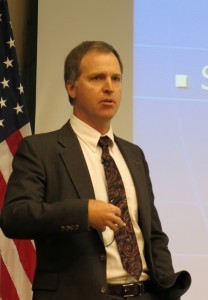
Wayne E. Lee
University of North Carolina at Chapel HillWayne E. Lee is the Bruce W. Carney Distinguished Professor of History at the University of North Carolina at Chapel Hill.
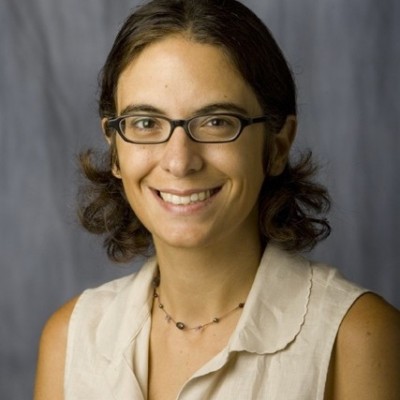
Bahar Leventoglu
Duke UniversityBahar Leventoglu is a formal theorist with substantive interests in international relations and political economy. Currently, she has four different ongoing lines of research. One line of research focuses on how leaders use public statements to affect their bargaining position in international negotiations. A second … Read more

Jessica Liao
North Carolina State UniversityJessica C. Liao is Assistant Professor of Political Science at North Carolina State University and Wilson China Fellow 2020–21. She works on China’s foreign economic policy, China-Southeast Asia relations, and the rise of China and its regional and global impact and implications to human security. … Read more

John Mattingly
North Carolina State UniversityJohn Mattingly is a Professor of Nuclear Engineering and University Faculty Scholar with NC State University (NCSU). His research principally focuses on developing new radiation measurement and analysis methods for nuclear security applications, including nonproliferation, counterterrorism, emergency response, and forensics. John is the director of … Read more
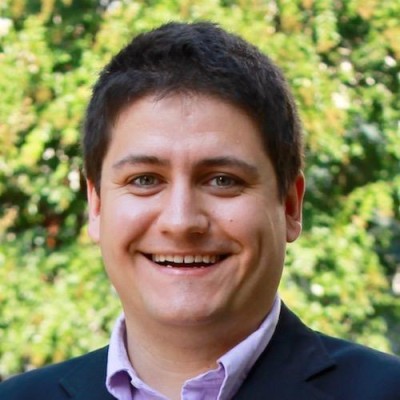
Simon Miles
Duke UniversitySimon Miles is assistant professor in the Sanford School of Public Policy at Duke University, where he teaches courses on international relations and strategy. He is the author of Engaging the Evil Empire: Washington, Moscow, and the Beginning of the End of the Cold War, published in 2020 by Cornell University Press. Simon’s … Read more
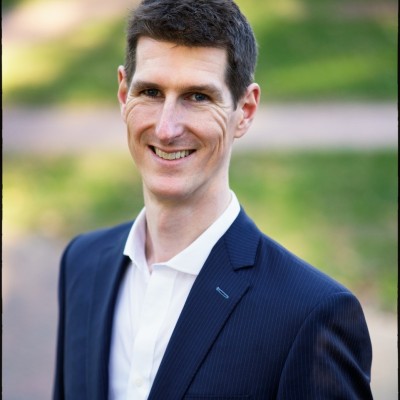
Michael Cotey Morgan
University of North Carolina at Chapel HillMichael Morgan is associate professor of history at the University of North Carolina at Chapel Hill. His research and teaching focus on modern international and global history, especially the Cold War and the history of human rights. His book, The Final Act: The Helsinki Accords … Read more
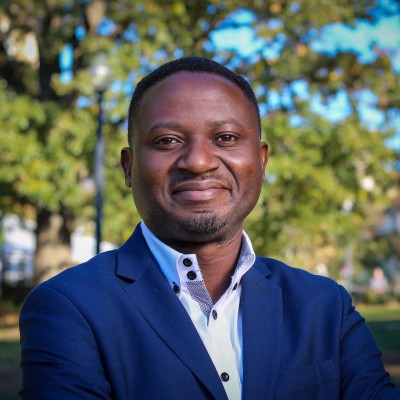
Eric Mvukiyehe
Duke UniversityEric Mvukiyehe is an Assistant Professor in the Department of Political Science at Duke University. His academic and policy research cuts across many topics and contexts, including on: (i) reducing poverty and promoting socioeconomic welfare and psychological wellbeing for the poor and at-risk youth; (ii) … Read more
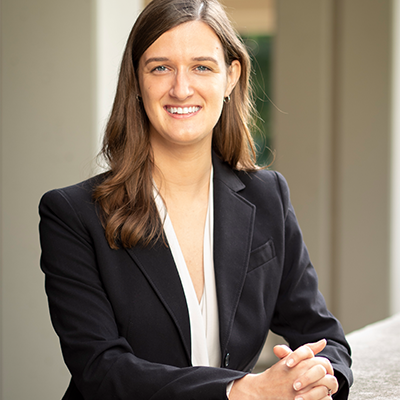
Rachel Myrick
Duke UniversityRachel Myrick is an assistant professor of political science at Duke University. Her research explores how partisan polarization affects foreign policymaking in democratic states, with an emphasis on contemporary U.S. national security policy. Her work has been published at The Journal of Politics, International Organization, … Read more
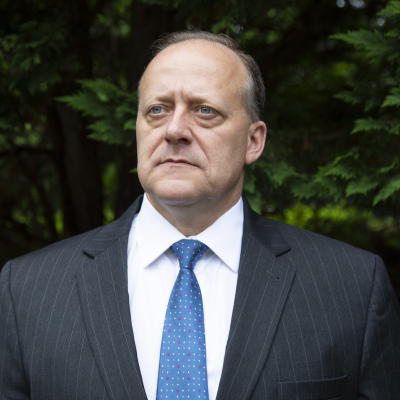
Timothy Nichols
Duke UniversityTimothy Nichols served as an intelligence officer in the Marine Corps for over 21 years with extensive experience in the special operations, intelligence, and counterterrorism fields. His overseas experience spanned deployments to Saudi Arabia, Iraq, Afghanistan, the Middle East, East Africa, Central America, and the … Read more
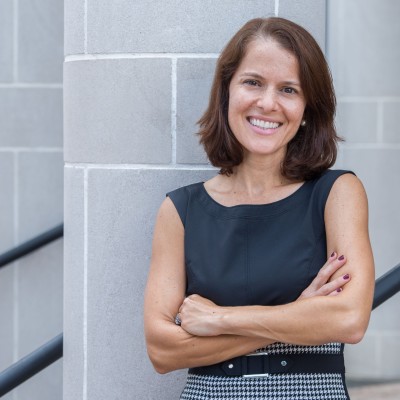
Mary-Rose Papandrea
University of North Carolina at Chapel HillMary-Rose Papandrea is the Samuel Ashe Distinguished Professor of Constitutional Law at the University of North Carolina School of Law. Professor Papandrea is a First Amendment and media law scholar with expertise in government secrecy and national security leaks, among other topics.
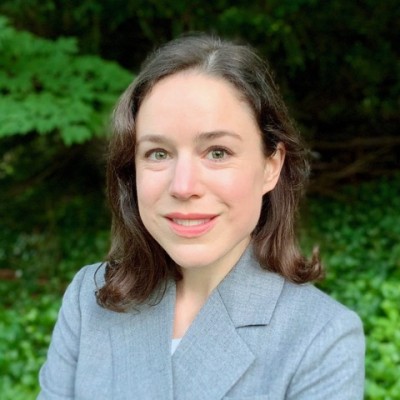
Mara Revkin
Duke UniversityMara Revkin is an Associate Professor of Law at Duke University. Her research and teaching focus on armed conflict, peace-building, transitional justice, migration, policing, and property using empirical mixed methods (qualitative and quantitative) with a regional focus on the Middle East. Her work is informed by field research and … Read more
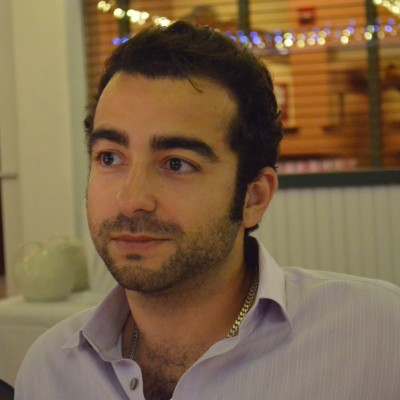
Mehdi Shadmehr
University of North Carolina at Chapel HillMehdi Shadmehr is an Associate Professor of Public Policy. Prior to joining UNC, he was an Associate Professor of Economics at the University of Calgary (2016-20), and an Assistant Professor of Economics at the University of Miami Business School (2011-16). Mehdi was a Visiting Associate Professor at the University of Chicago … Read more
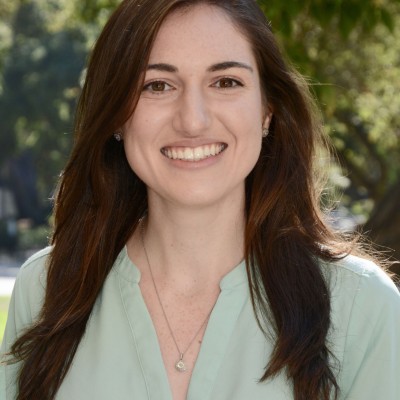
Kaitlyn Robinson
Duke UniversityKaitlyn Robinson is the America in the World Consortium Postdoctoral Fellow at Duke University. Her research examines how international and organizational politics influence civil war. Her book project explores the role that foreign states play in organizing and strengthening new rebel groups to serve as their proxies. In … Read more

Jennifer Siegel
Duke UniversityJennifer Siegel is the Bruce R. Kuniholm Distinguished Professor of History and Public Policy at the Sanford School of Public Policy at Duke University.
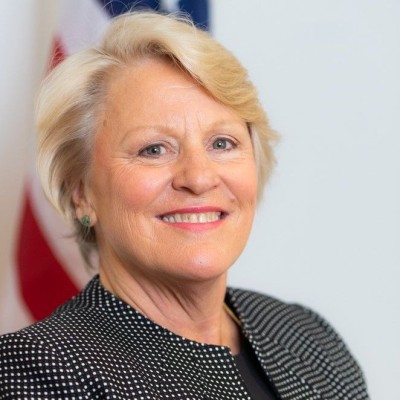
Barbara Stephenson
University of North Carolina at Chapel HillBarbara Stephenson, a former U.S. ambassador, is the inaugural vice provost for global affairs at the University of North Carolina at Chapel Hill. A global thinker and strategist, Stephenson brings academic experts together with foreign affairs practitioners and other stakeholders to discern trends and find … Read more

Michael Struett
North Carolina State UniversityMichael J. Struett is an Associate Professor and Chair of the Department of Political Science in the School of Public and International Affairs at North Carolina State University. His research interests include global governance, international organizations, human rights, and the politics of international law. From … Read more
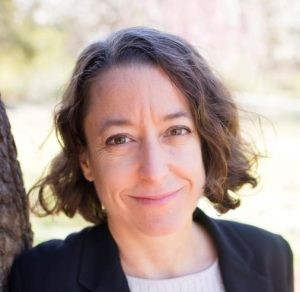
Patricia L. Sullivan
University of North Carolina at Chapel HillPatricia L. Sullivan is Associate Professor in the Department of Public Policy and the Curriculum in Peace, War, and Defense at the University of North Carolina at Chapel Hill. Dr. Sullivan’s research explores the utility of military force as a policy instrument; the effects of … Read more
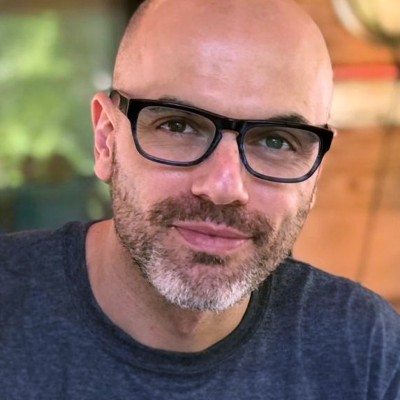
Shai Tamari
University of North Carolina at Chapel HillShai Tamari is the Director of the Conflict Management Initiative and the Associate Director of the Center for Middle East & Islamic Studies at the University of North Carolina (UNC) at Chapel Hill. In addition, he is a Professor of the Practice under the Department … Read more
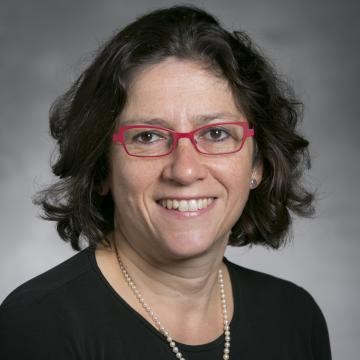
Erika Weinthal
Duke UniversityErika Weinthal is a Professor of Environmental Policy and Public Policy and a member of the Bass Society of Fellows at Duke University. She specializes in global environmental politics and environmental security with an emphasis on water and energy. Current areas of research include (1) … Read more

Erinn Whitaker
University of North Carolina at Chapel HillErinn Whitaker, a former senior analyst for the US Intelligence Community, is a Professor of the Practice in the Curriculum of Peace, War and Defense (PWAD) at the University of North Carolina at Chapel Hill. With nearly 15 years of experience overseas and in Washington, … Read more
